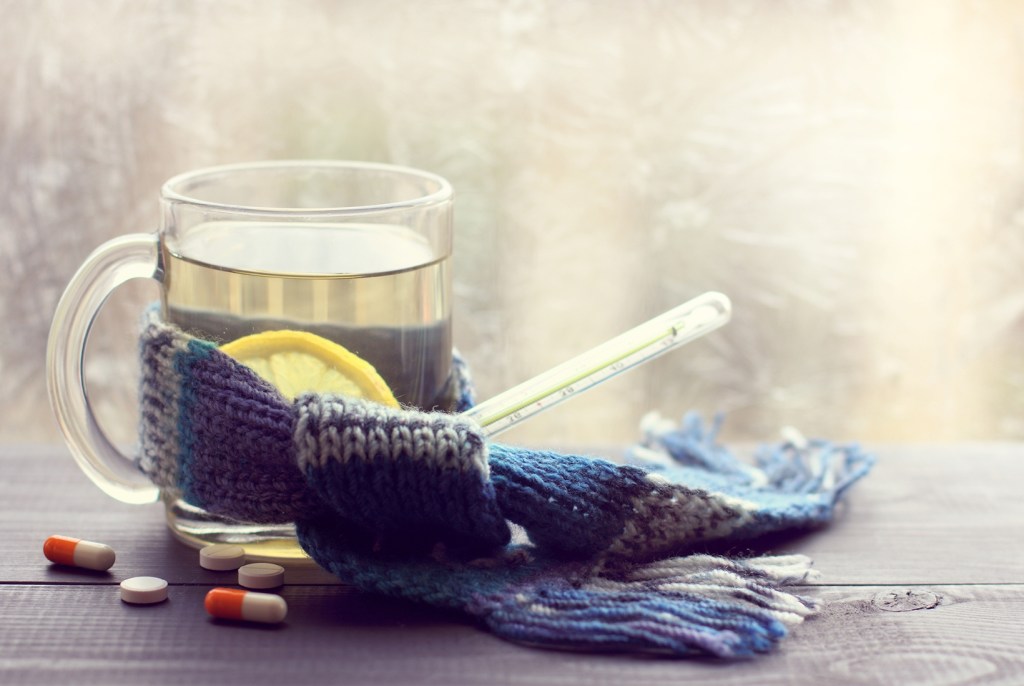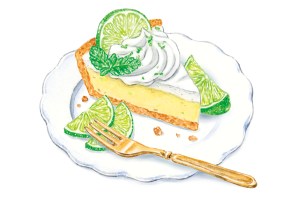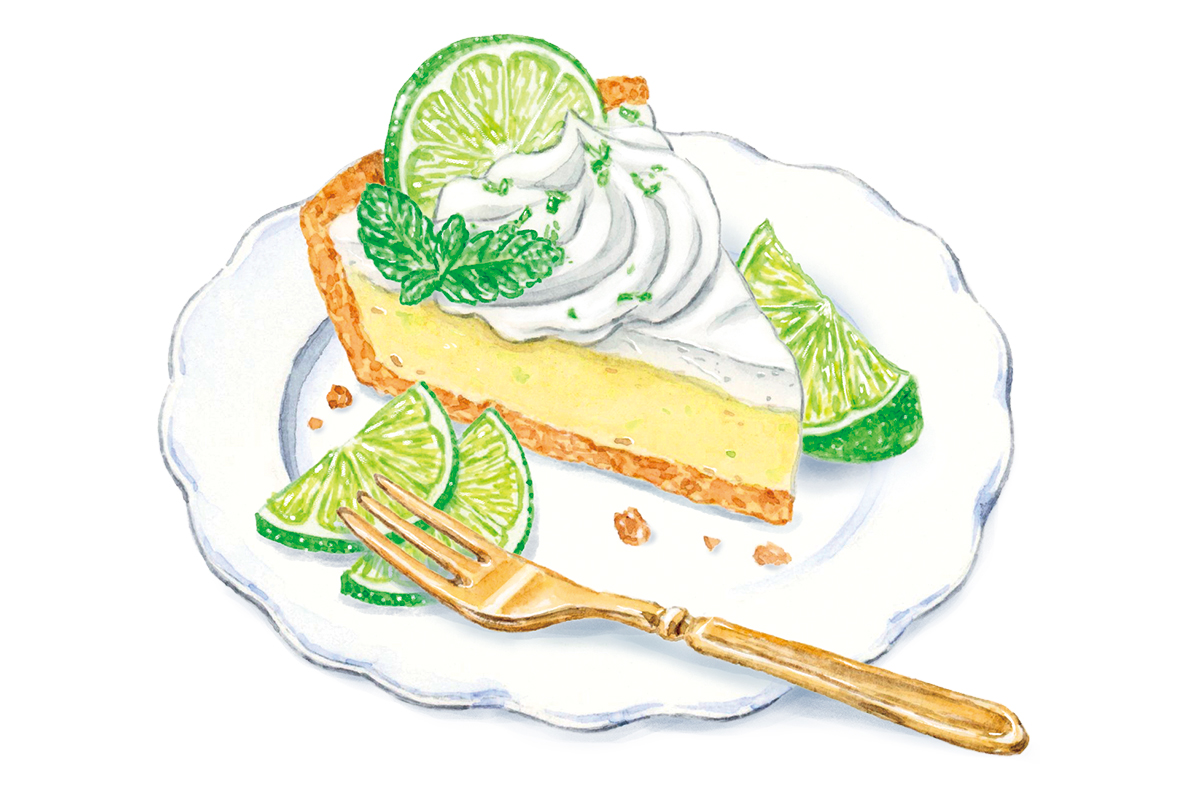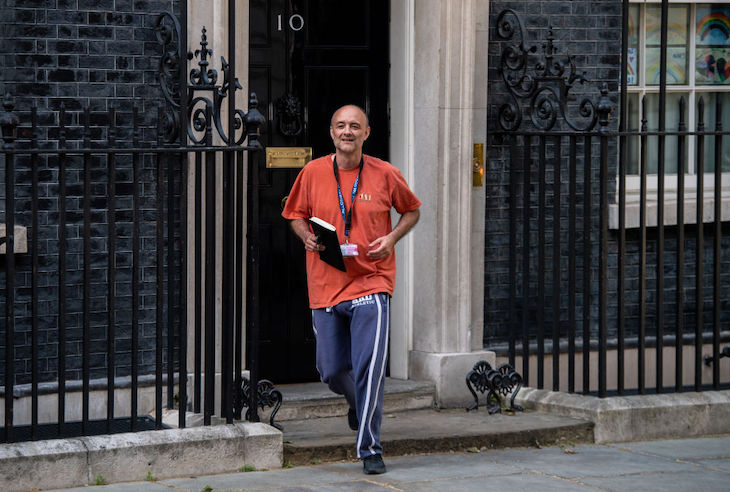So I’ve had the virus. Or rather, I think I have. Ordinary mortals can no longer get tested by the National Health Service unless they’re admitted to hospital and I was nowhere near that point. I self-diagnosed, based on having some of the symptoms, and took to my bed. Needless to say, Caroline is convinced the whole thing was a sham to avoid doing the housework, which has increased exponentially during lockdown thanks to four kids and no cleaner. Now that I’m out of bed she’s exacting sweet revenge.
I first developed a temperature on Tuesday March 24, along with chills, a headache, a blocked-up nose and fatigue. A tickle at the back of my throat, but no persistent dry cough, so perhaps it was just seasonal influenza. Against that, I haven’t had flu since 1987, which was the last time I had a fever of any kind. On the health front, I’m an extreme outlier, having never had a serious illness. The only time I’ve spent the night in hospital is when I was knocked off my bike by a hit-and-run driver and had to have 50 stitches in my face. I can go for years without even having a cold, and I’ve never pulled a sickie. So the chances of it being common-or-garden flu are quite slim.
One other thing: exactly eight days earlier I had been to Charing Cross Hospital for a bowel screening. Just a routine check-up because I’m 56, and the results, when I got them back, were all fine. But that’s within the range of the incubation period for COVID-19 and there’s some evidence that hospitals are acting as hubs for viral transmission. That’s the theory doing the rounds in Italy to explain why Veneto has suffered a fraction of the deaths that Lombardy has. According to Professor Giorgio Palu, scientific adviser to the governor of Veneto, the reason Lombardy has fared worse is because 65 percent of diagnosed patients were taken to hospital at the start of the outbreak, compared with just 20 per cent in Veneto.
The idea isn’t that people diagnosed with the virus are more likely to die if they are admitted to hospital, but the higher percentage of admissions in Lombardy meant non-COVID-19 patients, as well as hospital staff, were more likely to be infected and then infect others.
Anyway, I think I’ve had it. I had a strong sensation of my body being invaded by a parasite which was sapping my strength. It was how I imagine malaria feels, as if my veins were full of a sticky, enervating liquid. Almost like a bad hangover. I didn’t lose my sense of taste and smell, but things I normally love, like almonds and dark chocolate, started to taste less pleasant and my appetite fell away.
I was able to work, but at about 70 percent of normal capacity. I couldn’t stay awake after 10.30 p.m. and slept eight or nine hours a night instead of my usual six-and-a-half. It was as though I’d stepped through a portal and entered the world of the ill.
The low point was around day seven when I thought it was settling on my chest. I’d read enough case histories at this point to know that the disease often unfolds in two phases. Phase one is the symptoms I had, plus the cough; phase two is when you develop bronchial pneumonia. Some people report a cruel bait-and-switch effect. They feel better as the fever subsides and think they’re over the worst, only to end up in hospital a few days later. I worried that I was like the John Hurt character in the film Alien after the creature that’s attached itself to his face has fallen away. He leaves the sick bay and joins his crew mates for breakfast, then discovers that a malignant demon has been gestating in his chest. I won’t tell you what happens in case you haven’t seen it, but few people who have will ever forget it.
That was last week and, thankfully, I haven’t experienced phase two. I’m now out of bed and even though I’m not fighting fit, I’m gradually getting better. On a couple of occasions I’ve overdone it — played badminton with my kids in the garden, for instance — and the following day felt terrible. But if COVID-19 is the cause of my illness, I’m one of the lucky ones. I self-medicated with chloroquine, zinc and vitamin C, which may have helped, although none are clinically proven treatments.
I feel desperately sorry for Boris and everyone else who’s found it harder to shake. I glimpsed the cliff edge, but was able to back away. For those still being dragged towards it, it must be terrifying.
This article was originally published in The Spectator’s UK magazine. Subscribe to the US edition here.

























